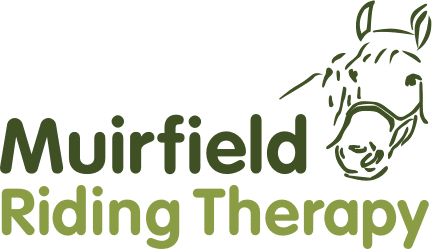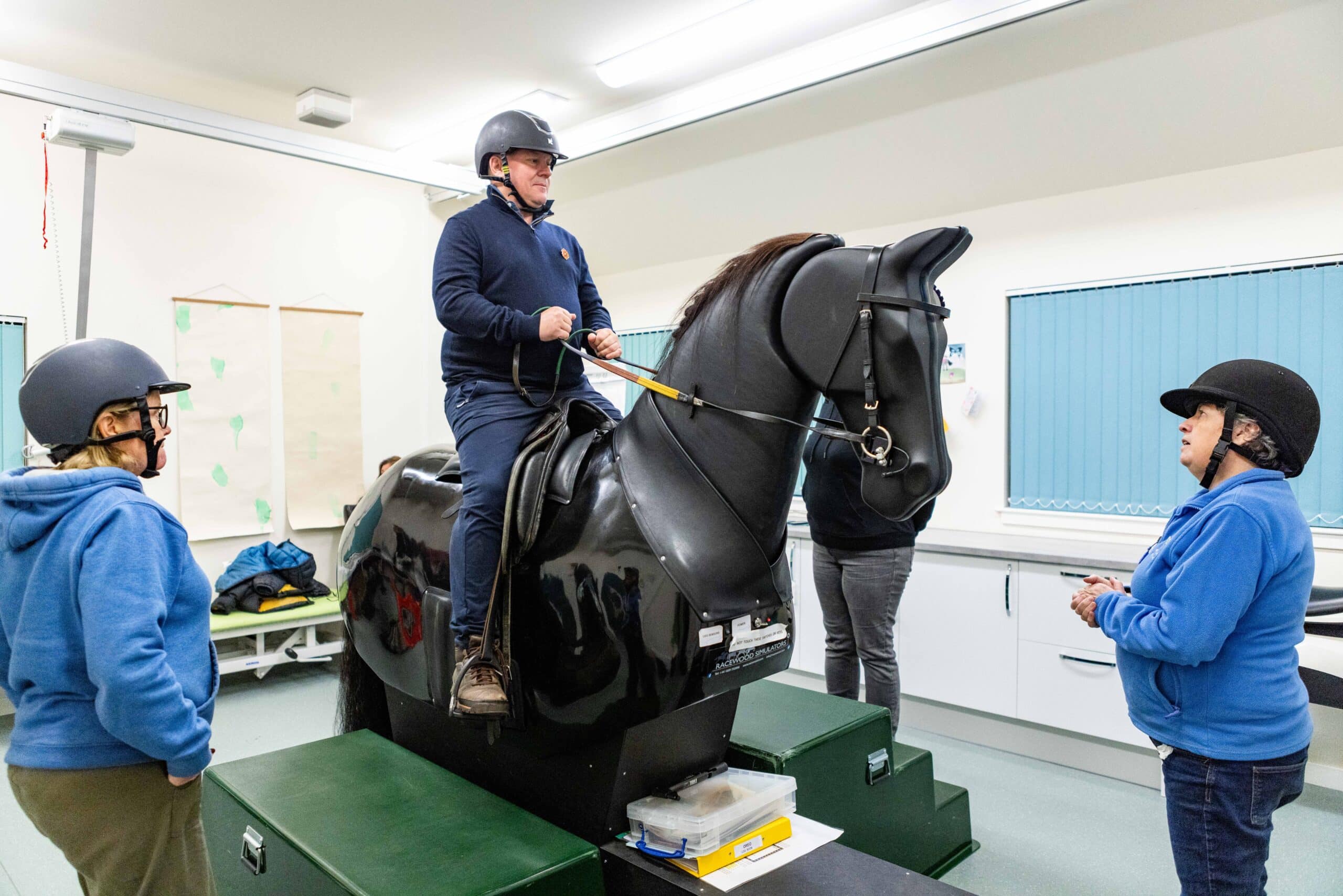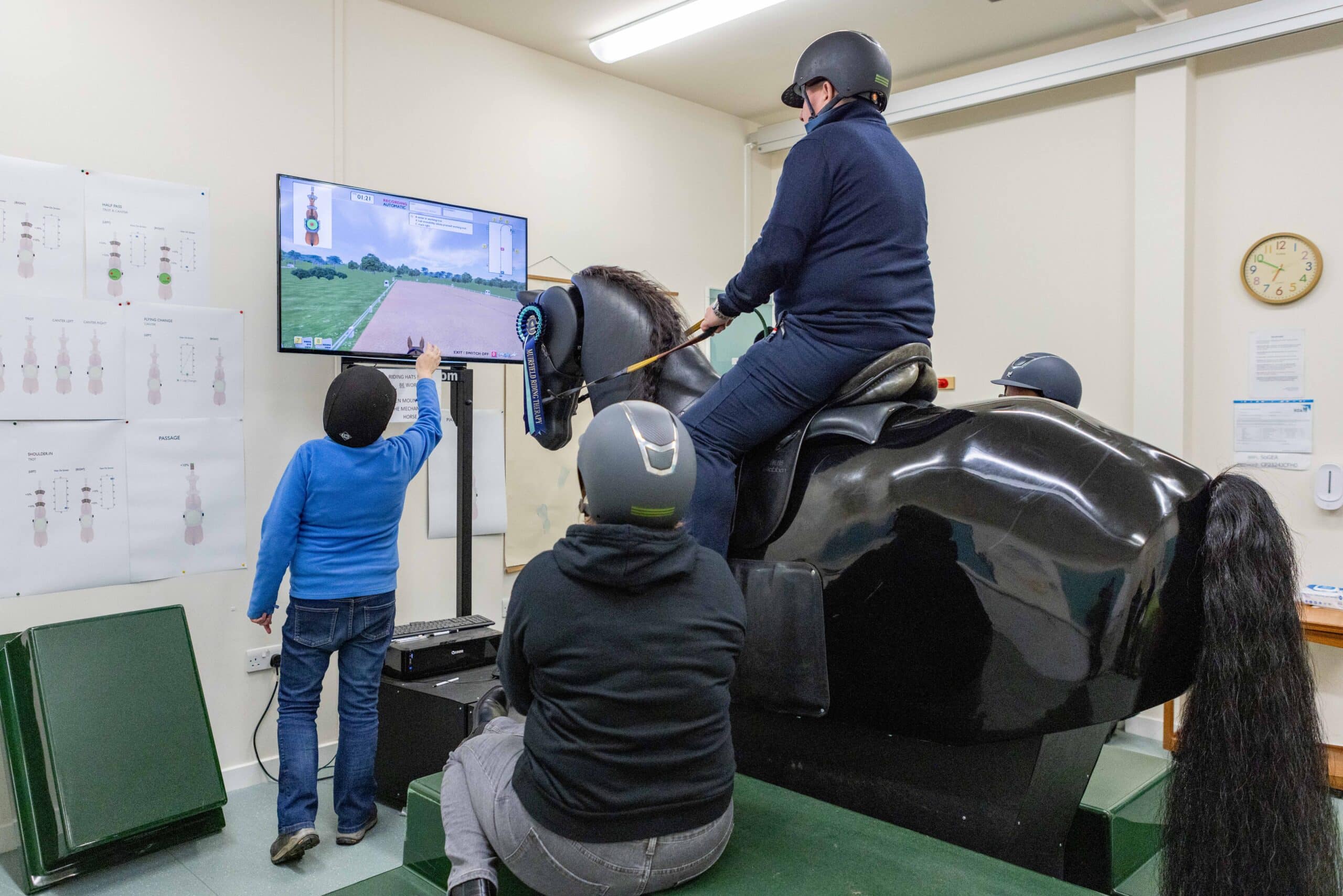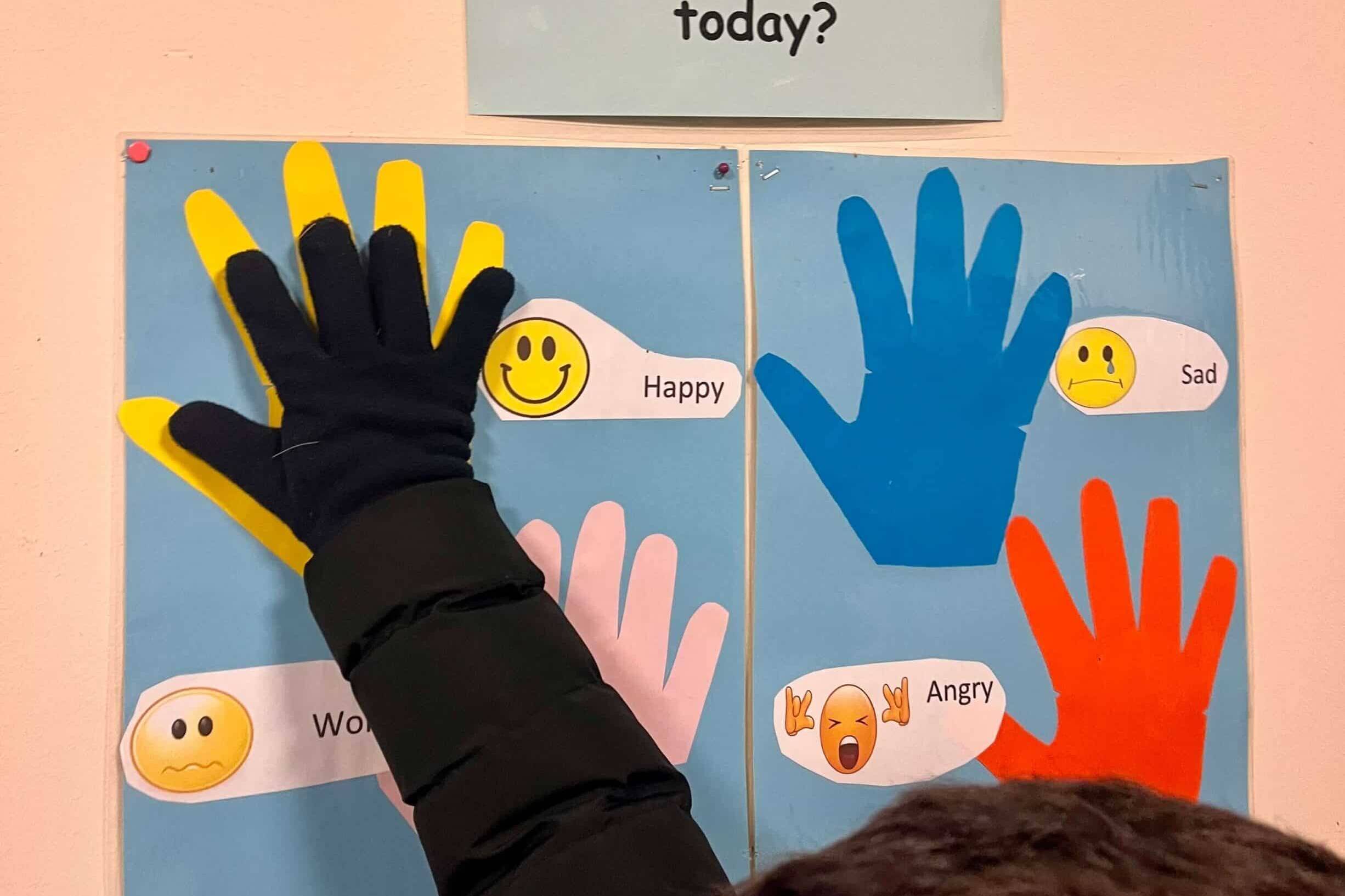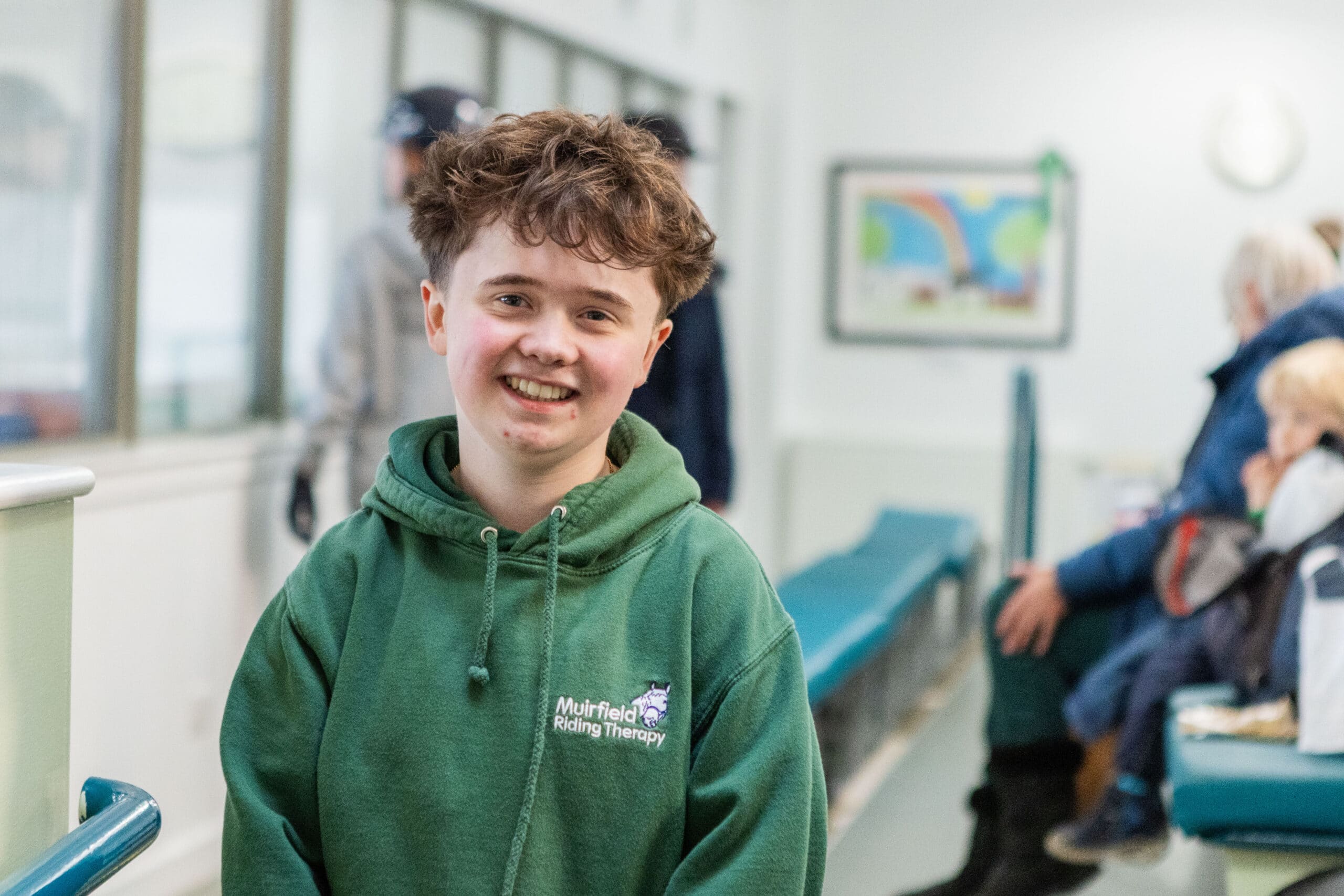Jason Brady shares his personal health journey through brain tumour treatment, how therapy on our Mechanical Horse, Oreo, has positively impacted him, and he explains the background to why mechanical horses are a positive addition as an alternative to live horse therapy.
I’m Jason Brady, eight years ago I was diagnosed with a brain tumour and unfortunately, post treatment, I had a stroke / seizure. This led to a loss of fine control of my right hand side. My body and lifestyle adapted, and I tended to tuck my right hand and arm away. My right leg also became ‘lazy’ as I never had full control. To be quite honest, going from a potentially life limiting issue, to just losing control of my right-hand side seemed acceptable. Then I was offered the chance of having sessions on Oreo. Initially, I was sceptical, as after all it is brain injury.
Quite quickly I realised the ability to control an unforgiving horse, alongside an ‘unforgiving’ Lead Instructor – Nicky – was great therapy. Considering my core muscles, balance and coordination had all but disappeared, I soon realised that now I had to concentrate on posture, left hand vs right hand, left leg vs right leg whilst keeping my head up and listening to Nicky. But the most important function of all was breathing, that seemed to go by the way side!
I wouldn’t say I will ever be a perfect rider as even ‘changing gears’ with my left and right heels has given me plenty of problems but it’s definitely improved my motor function and balance. Special mention in dispatches to the volunteers that help me climb on and off Oreo, at times not a pretty sight.
Neurological and Physical Benefits
Mechanical horse therapy mimics the rhythmic, three-dimensional movement of a real horse, which stimulates the rider’s core muscles, balance, and coordination. This movement pattern is particularly beneficial for stroke patients because it:
- Improves postural control and trunk stability
- Enhances gait and walking ability
- Boosts lower limb motor function
- Supports activities of daily living (ADLs)
Cognitive and Emotional Support
Beyond physical recovery, studies show that this therapy can also:
- Improve cognitive functionand attention
- Reduce depressionand enhance quality of life
- Promote emotional regulationand self-esteem
Sensory and Breathing Coordination
The therapy encourages better breathing patterns, dynamic communication, and sensory integration, which are often impaired after a stroke
Why Mechanical Horses?
Mechanical horses offer a controlled, safe, and accessible alternative to live horse therapy, especially in clinical or urban settings. They allow therapists to:
- Adjust speed and movement patterns
- Monitor progress precisely
- Reduce risks associated with live animals
Evidence Summary
A systematic review of equine-assisted therapies (including mechanical simulators) found consistent benefits in:
- Balance and gait
- Motor function
- Psychological well-being
